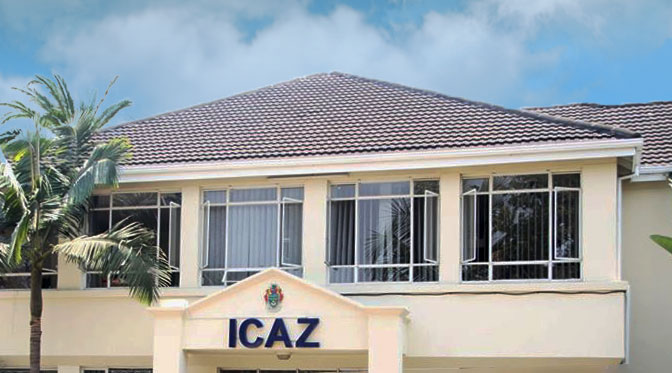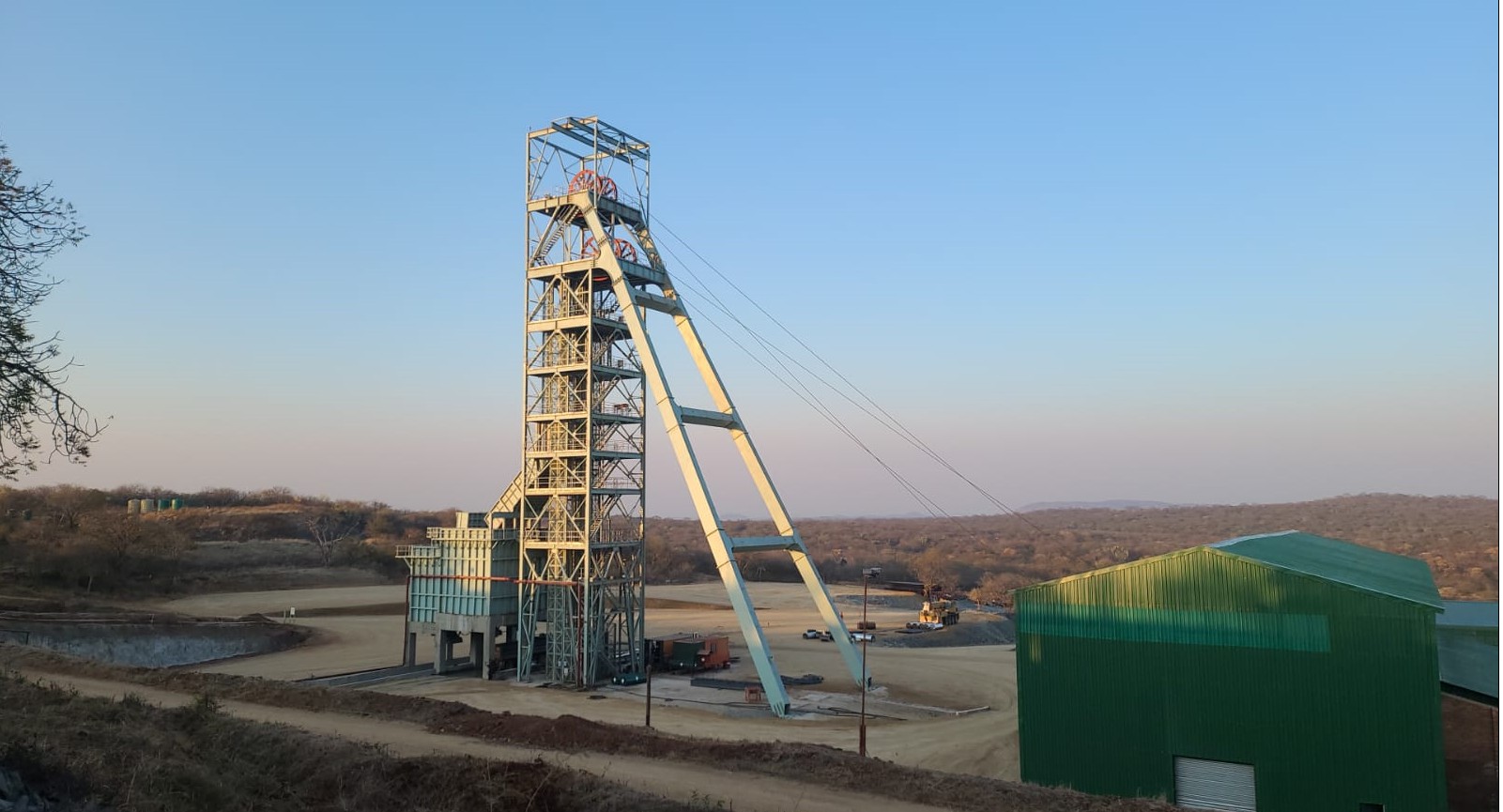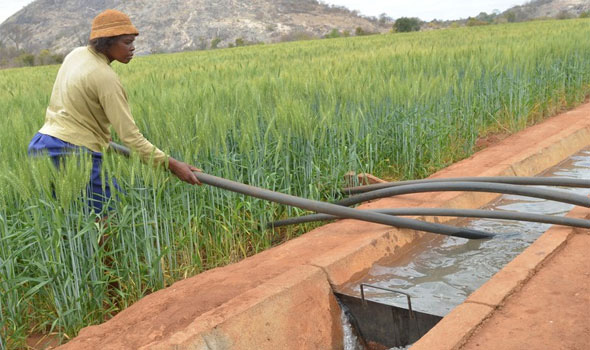Zimbabwe satellite launch deferred to today
ZIMBABWE’S first satellite launch to space, which was scheduled for yesterday, has been
deferred to today due to a fire alert warning in the control building where the
deployment was supposed to take place.
America’s National Aeronautics and Space Administration (NASA) was expected to
launch the rocket at 12pm before an emergency alarm forced the rescheduling.
President Mnangagwa
Another trial will be undertaken today starting from 5AM to 10AM. It will be beamed live
on NASA Television and the agency’s website, as well as YouTube, Twitter, and NASA’s
App.
Once launched, Zimbabwe will join the globally elite nations, which have occupied the international space station.
The launch is expected to improve national planning for key projects.
Zimbabwe’s satellite, ZimSat-1, is expected to improve weather predictions in the
country, which in turn is expected to aid the agricultural sector, especially.
It is also a milestone that will enhance mineral exploration and monitoring of
environmental hazards and droughts. Additionally, it will aid in mapping human
settlements and disease outbreaks, among other capabilities. ZimSat-1, a nanosatellite,
will deploy from the Japanese KIBO Module.
The satellite is a 1U educational and amateur radio mission CubeSat manufactured under
the Kyushu Institute of Technology in Japan.
The launch of ZimSat-1 is a culmination of a process that commenced in 2018 when
President Mnangagwa launched the Zimbabwe National Geospatial and Space Agency
(ZINGSA).
It is part of Government’s efforts to leapfrog towards development while aiming for an
upper middle-income economy by 2030
ZimSat-1 is being aided by Japan through the Japanese KIBO Module. ZINGSA coordinator
Mr Painos Gweme said delays in the launch are a normal thing as the satellite
deployment is affected by environmental issues.
“There will be something that is happening over the atmosphere and anything that changeswillaffect the flow of this thing. What has happened is very normal and it can
happen tomorrow,” he said.
Mr Gweme said Zimbabwe is working with Japan in launching the satellite and the Asian
giant is the one that is in direct contact with NASA over the developments relating to the
launch of ZimSat-1.
“But we really know that the launches are like that, they can change the date. The launch
is in two phases and this one of a rocket docking at the international space station can go
for three to four weeks preparing the satellite for deployment into space and there can be
some other delays that can be encountered as well,” said Mr Gweme.
The launch of the rocket will be followed by the deployment of the satellite tentatively on
November 21. He said the planned ZimSat-1 launch comes with skills development for the
country.
Through its quality human capital, the country should be in a position to manufacture,
assemble and test satellites.
Information Communication Technology expert, Mr Robert Ndlovu, described the
planned launch as a significant step that will enhance weather and environmental issues.
“That micro satellite is for geospatial data. It will be used for weather monitoring. It
could provide information on the weather every minute so after some time they will
analyse that data and be able to do rain classification,” said Mr Ndlovu.
“They will be able to see over time the signs of deforestation, they will be able to access
the effects of mining on the land. It is more on the environmental side of things in light
of what we call global warming. It is quite a significant project.”
He said the ZimSat-1 has drawn negative comments from some citizens as they lack
understanding of its importance.
“Maybe some of them thought that it is going to study stars, no, it is focusing on the
ground. It is focusing on temperatures, trees and so forth. In short it is going to provide
geographic information system (GIS) for accurate mapping. Right now, the google
mapping that we are using is not as clear as it is distant from Zimbabwe,” he said.
Mr Ndlovu said the satellite data has to be linked to other national development
programmes for it to be effective. For instance, he said, information on rainfall should
inform the country’s agronomy practice while overtime assessing land degradation.
Quizzed on why NASA was assisting Zimbabwe among other nations to launch satellites,
a NASA official who was not identified said the project was Japan-led to assist other
nations to join the international space station. Uganda is also launching the same time as
Zimbabwe.
“The Japanese Exploration Agency have a programme called the Birds programme and
this is the fifth of those missions and the goal of this programme is to help non-space
faring nations to get their first step into space,” said the official.
“It’s a great programme and these students that are working on this programme are very
excited and it’s just a great way to involve them into the space life.” – The Chronicle









